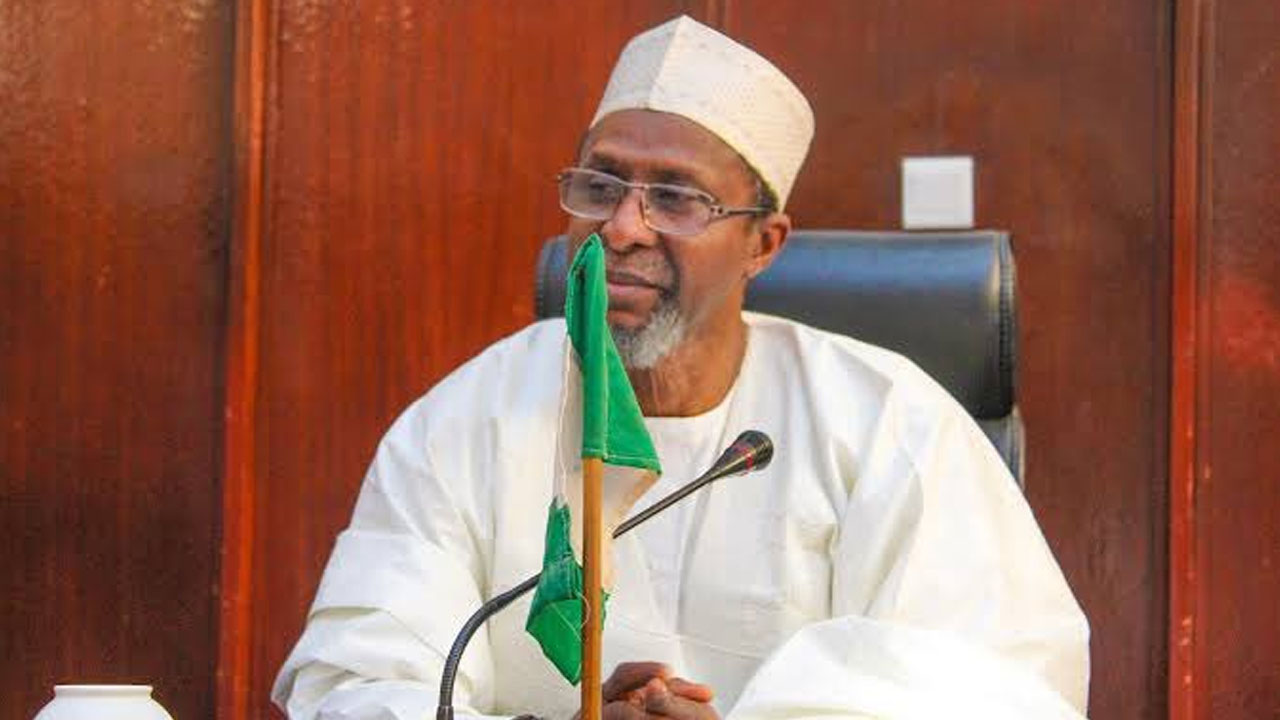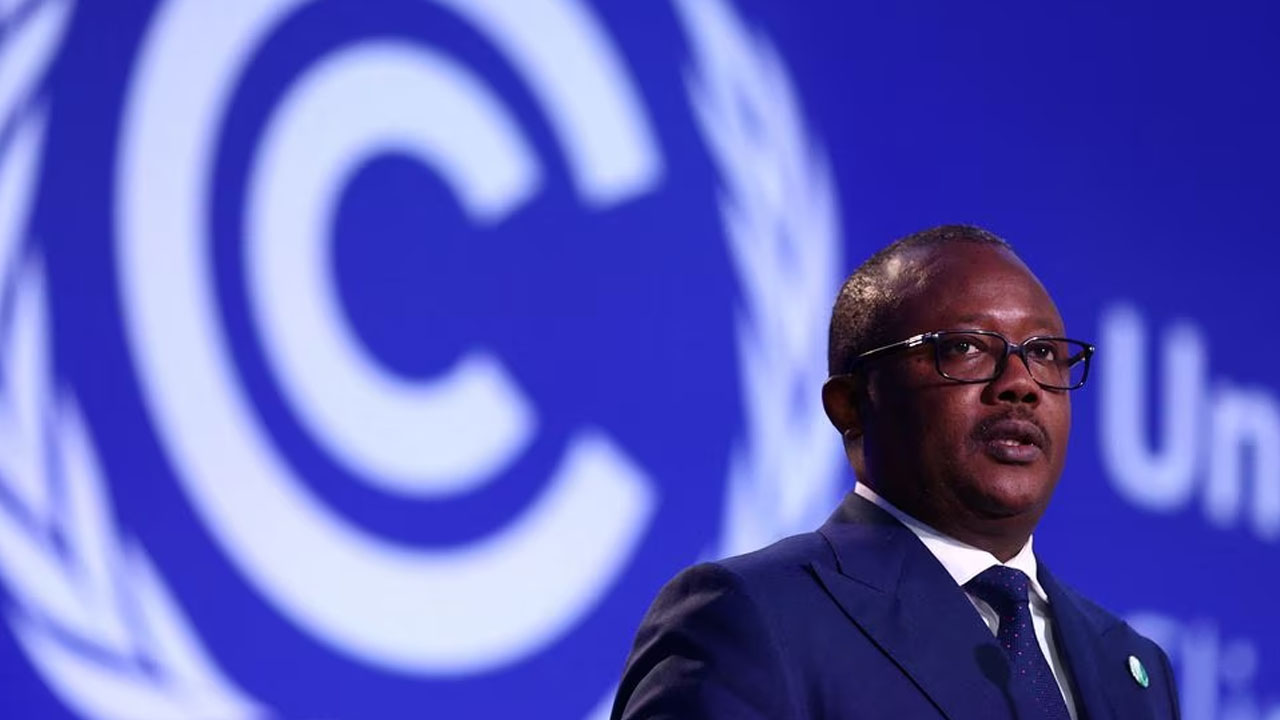Stakeholders have renewed calls for sweeping reforms to restore inmate dignity, strengthen mental-health support, and deepen rehabilitation and reintegration structures across correctional centres nationwide.
They made the call at the 2025 Seminar Series of the Shamies Unusual Heart Foundation (SUHF) in Abuja, themed “Restoring Dignity and Reducing Recidivism: Education, Partnerships, and Innovation in Nigeria’s Correctional System.”
Executive Director of SUHF, Ebenezer Akarah, said the foundation’s programmes focus on reducing recidivism by improving inmates’ mental health, education, and access to opportunities within and outside correctional facilities.
Akarah commended the Nigerian Correctional Service for what he described as notable improvements in rehabilitation, inmate education, and institutional support in recent years.
The high-level forum brought together policymakers, security agencies, justice sector actors, development partners, academics, civil society organisations, and practitioners within the correctional value chain.
Akarah noted that since 2019, SUHF has implemented several mental-health and skills-building initiatives in correctional centres. In 2024, the foundation established technology hubs in the Suleja and Kuje Correctional Centres, providing inmates with digital learning and formal education opportunities behind bars.
He described the seminar as an annual platform designed to drive national dialogue on systemic gaps undermining inmate education, mental health, reintegration, and human rights. He stressed the need for a shift in public attitudes toward inmates, saying “going behind bars doesn’t make anyone less human.”
He said, “One major issue is mental health. Our correctional system gives little attention to that area, so our foundation has focused there since 2019. We’ve seen great improvements. This year, we set up tech centres at Suleja and Kuje Correctional Centres to give inmates access to quality education even behind bars.
“Mental health is important because talents exist even inside prison. People inside have higher expectations from society once they leave, yet society often stigmatizes them.
“Anyone can be behind bars. Going behind bars doesn’t make you less human. Some speakers even said it can be an opportunity to reflect, rethink, and reintegrate properly into society.”
This year’s edition also featured the signing of a Memorandum of Understanding (MoU) between SUHF and the National Human Rights Commission (NHRC), establishing a long-term partnership on prison welfare, monitoring, and rights-based interventions.
The Medical Director of the Federal Neuropsychiatric Hospital, Kaduna, Professor Aishatu Yusha’u Armiyau, said mental-health challenges in correctional centres remain severely underestimated.
Representing the President of the Nigerian Medical Association (NMA), she explained that many inmates enter correctional facilities already grappling with mental-health concerns, while others develop them due to isolation, trauma, or lack of family support.
She said: “Almost everyone there has a behavioural issue. Behaviour led them there. Many do not have mental illness but have emotional and psychological strain.”
Armiyau, who has worked in correctional facilities for a decade, called for full integration of psychiatric, emotional, and psychological support into everyday correctional management. She praised SUHF for its sustained engagement and urged more partners to adopt similar commitments.
Also speaking, Magistrate Farida Ibrahim of the FCT Judiciary said correctional reforms must prioritise rehabilitation, education, and partnerships to build safer communities.
“A theme not only timely but crucial—because justice that punishes without transforming prepares people to return, not reform,” she said. “True justice must balance accountability with empowerment, discipline with learning, and conviction with rehabilitation.”
She noted that education equips inmates with critical thinking and employable skills; partnerships strengthen support systems beyond confinement; and reintegration helps prevent reoffending driven by exclusion or frustration.
Magistrate Ibrahim urged judicial officers, policymakers, civil society actors, development partners, correctional officers, educators, and advocates to take the seminar’s outcomes beyond the event hall
“Let us commit to a correctional system that is humane, not dehumanizing; restorative, not vindictive;
transformative, not wasteful; and reintegrative, not isolating,” she said.
She commended SUHF for “rewriting narratives, restoring identities, advocating humane correctional reforms, and giving second chances where doors were once shut.”






